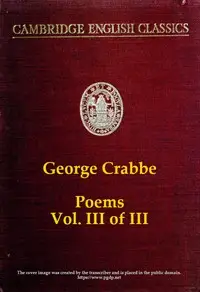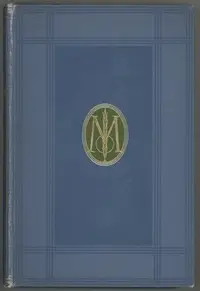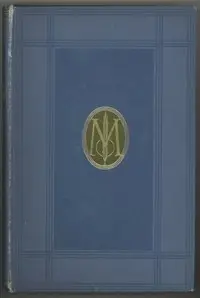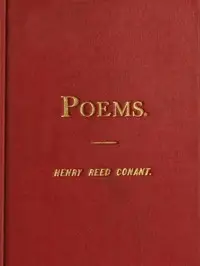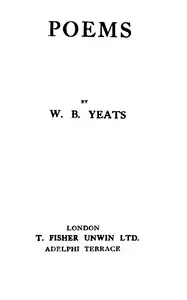"Poems — Volume 3" by George Meredith is a book of poems from the late 1800s. This collection examines different ideas such as what it means to be human, feelings, the natural world, and the difficulties of love. Meredith's detailed poems cause the reader to think about large philosophical questions and observations about society. The beginning of the collection shows off Meredith's poetic style, starting with a poem about Roving Tim, someone who has a lighthearted way of life and a funny perspective on nature. The next poem is about a widow whose sudden change turns into an exciting dance, which captivates and confuses her community. Throughout the book, it builds on ideas of happiness and love and how society responds to people who are different, offering a glimpse into Meredith's world of poetry.
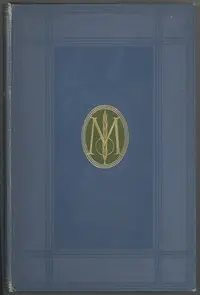
Poems — Volume 3
By George Meredith
Experience the dance of a wandering soul and a transformed widow as they challenge societal norms through the power of verse.
Summary
About the AuthorGeorge Meredith was an English novelist and poet of the Victorian era. At first, his focus was poetry, influenced by John Keats among others, but Meredith gradually established a reputation as a novelist. The Ordeal of Richard Feverel (1859) briefly scandalised Victorian literary circles. Of his later novels, the most enduring is The Egoist (1879), though in his lifetime his greatest success was Diana of the Crossways (1885). His novels were innovative in their attention to characters' psychology, and also portrayed social change. His style, in both poetry and prose, was noted for its syntactic complexity; Oscar Wilde likened it to "chaos illumined by brilliant flashes of lightning". Meredith was an encourager of other novelists, as well as an influence on them; among those to benefit were Robert Louis Stevenson and George Gissing. Meredith was nominated for the Nobel Prize in Literature seven times.
George Meredith was an English novelist and poet of the Victorian era. At first, his focus was poetry, influenced by John Keats among others, but Meredith gradually established a reputation as a novelist. The Ordeal of Richard Feverel (1859) briefly scandalised Victorian literary circles. Of his later novels, the most enduring is The Egoist (1879), though in his lifetime his greatest success was Diana of the Crossways (1885). His novels were innovative in their attention to characters' psychology, and also portrayed social change. His style, in both poetry and prose, was noted for its syntactic complexity; Oscar Wilde likened it to "chaos illumined by brilliant flashes of lightning". Meredith was an encourager of other novelists, as well as an influence on them; among those to benefit were Robert Louis Stevenson and George Gissing. Meredith was nominated for the Nobel Prize in Literature seven times.

